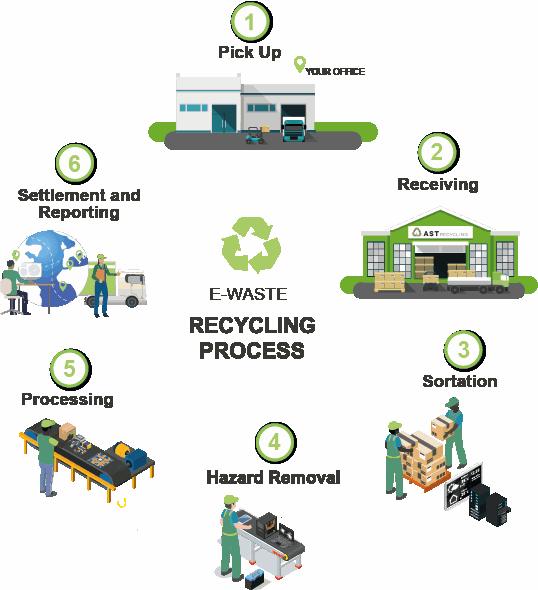H O T S E AT
Unlocking a sustainable future As the Producer Responsibility Organisation (PRO) for the paper and paper packaging sector, Fibre Circle has been at the forefront of implementing the Extended Producer Responsibility (EPR) regulations. Newly appointed CEO Edith Leeuta talks to ReSource about how accurate data, enforcement and compliance are essential for the success of EPR.
Why are EPR regulations important? EL These regulations are exactly what our countr y needs right now. According to the latest statistics, South Africans generate roughly 122 million tonnes of waste per year. Of this waste, only 10% is recycled or recovered – with the rest going to landfill. It’s also common knowledge that we don’t have enough land to use for landfilling, with most municipalities set to run out of landfill space in the next five years. This means South Africa is on the verge of a waste crisis. The implementation of the EPR regulations offers us the opportunity to create a framework
18
M AY 2 0 2 2
|
ReSource
to diver t waste from landfills, create a secondar y economy, and beneficiate our waste by increasing material recover y, recycling and reuse rates. We need these regulations if we are going to move away from our linear take-make-waste mindset towards a more circular economy. Simply put, the EPR regulations will help us to put our money where our mouths are.
Why does Fibre Circle, as a PRO, aim to encourage partnership and collaboration? The EPR regulations bring together the producers, distributors, collectors and consumers of a par ticular product into one space, allowing them to take shared responsibility and accountability for the end-oflife of that product. To leave waste collection and beneficiation ef for ts solely in the hands of the public sector is not feasible. We all have a role to play here, which is why Fibre Circle aims to provide support for the development of sustainable, end-of-life programmes with a strong emphasis on collaboration – not just with our paper and paper packaging producers but also the consumers and collectors of our waste products.
Tell us more about the ‘inclusive circular economy’ concept Fibre Circle promotes. There is an individual responsibility; then there is also the communal responsibility. Although we are all individually responsible for the environment, the responsible disposal of waste must not be an individual venture. We need to adopt a collaborative approach. Through the implementation of the EPR regulations, producers are required to manage their products’ end-of-life by developing initiatives for the reuse and recycling of their materials. The consumer is then required to make use of these programmes by implementing separation at source and by being more conscious about recycling their waste. Municipalities will also need to come on board to improve collection. We cannot ask consumers to separate at source if the separated waste will simply go into the same compactor truck, to be dumped at landfill – it defeats the purpose. That’s why our aim is to improve paper collection and recycling programmes across South Africa by working with different stakeholders to enable practical solutions through innovation, research and consumer education – creating an inclusive circular economy.
What are your plans as the newly appointed CEO of Fibre Circle? Although I am still learning about this diverse sector, familiarising myself with the industr y role players and wrapping my head around how dynamic the paper and paper packaging





















